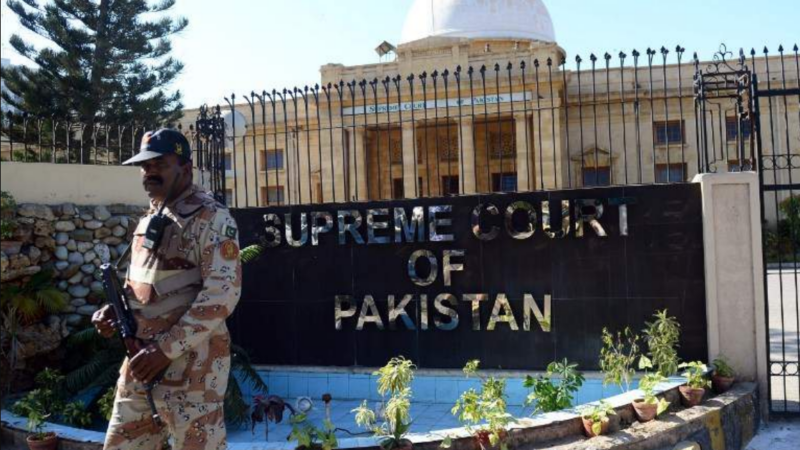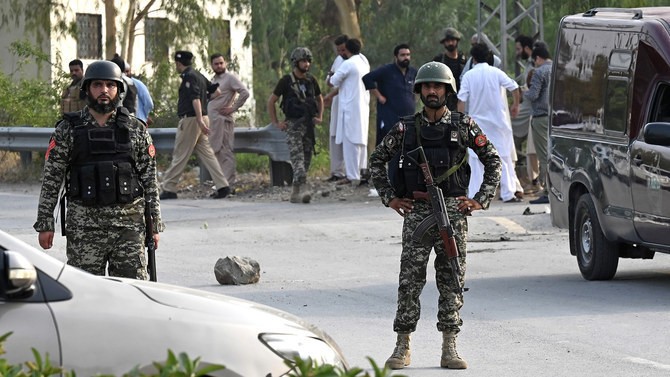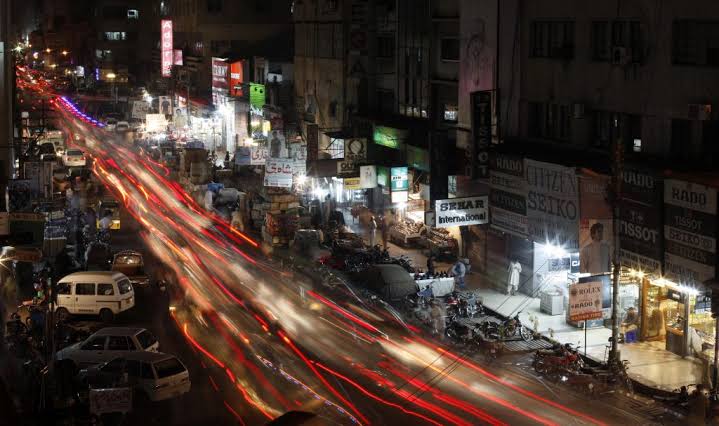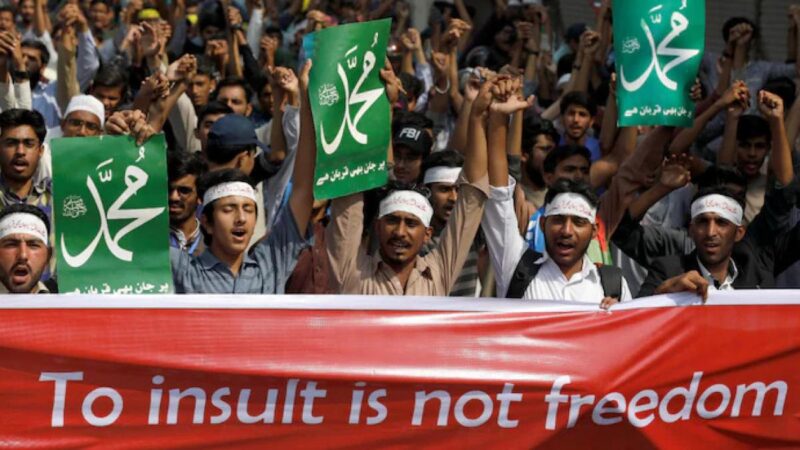Moscow format a hope for Afghanistan
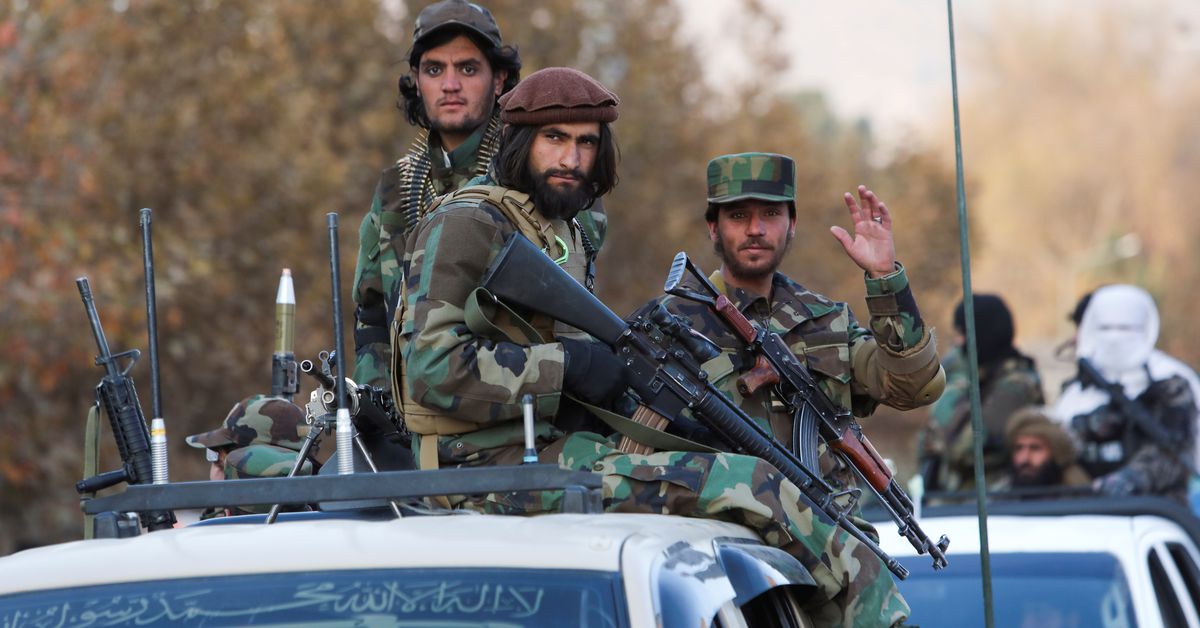
Recognizing that one of the great impediments in restoring normalcy in Afghanistan has been military stakes of foreign powers in the country, the joint statement of the Moscow Format on Afghanistan termed the military infrastructure facilities built by other nations in that country as “unacceptable”. This statement is important as it is being increasingly the case that the global powers are more involved in strengthening their strategic influence and foothold in Afghanistan than working on restoration of democratic process in the country and helping it out to overcome the multiple crises including financial woes and women’s subjugation. Whatever be the interpretation of the reference of the statement, US or Pakistan or any other country including OIC countries, it is a worth noting statement, that could help preventing Afghanistan from becoming a platform for geo-political power play.
The joint statement was signed off by Pakistan and India along with other participants. The meeting was hosted by Russia in Moscow on November 16. Apart from Russia, India and Pakistan, the meeting was attended by China, Iran, the Central Asian neighbours of Afghanistan and several invitees.
Although nothing concrete came out on providing financial assistance to Afghanistan in view of non-recognition of the Taliban regime by the global powers, the joint statement said the participants were “convinced” that “forces responsible for the 20-year military presence” in Afghanistan should take on the “main financial burden” for the post-conflict reconstruction of its economy without intervention in its internal affairs.
The Moscow format expressed its moral sympathy with the people of Afghanistan and the joint statement highlighted that “most of the delegations” agreed to make a call to compensate for the damage caused to Afghan people during the years of US-NATO presence. However, this statement evoked reservation from participants as it appeared loaded with Russian narrative.
But there was consensus on restoring basic rights as most of the delegations supported “the strengthening of Afghan authorities’ efforts to ensure the basic rights and freedoms of the population” considering it important. The sides also expressed their support for the fundamental rights of all ethnic groups, including minorities, women and children, providing equal access to justice and education respectively.
The joint statement also referred to the Delhi Regional Security Dialogue that took place in November last year, and was attended by the national security advisors of several of Afghanistan’s neighbours, except Pakistan and China. The latest statement states that “the participants expressed their readiness to continue joint steps towards a peaceful Afghanistan”.
The Moscow meeting considered it important to facilitate together peace and normalcy in Afghanistan. The underlying idea is that peace in Afghanistan is extremely important for stability in the region. The forum’s understanding is important as the meeting of the Moscow Format was attended by special representatives and senior officials from several countries of the region including Russia, China, Pakistan, Iran, India, Kazakhstan, Kyrgyzstan, Tajikistan, Turkmenistan and Uzbekistan. Representatives of Qatar, the UAE, Saudi Arabia and Turkey were also present as guests.
Delhi has always seen peace and normalcy in Afghanistan as necessary for the stability of South Asia. It was represented by the Ministry of External Affairs Joint Secretary in charge of Pakistan, Afghanistan and Iran, J P Singh, who has been the point-person to engage with the Taliban regime. The Indian delegation also held discussions with Special Envoys of the participating countries on the sidelines of the meeting. India’s thrust in the meeting revolved around the themes of “current humanitarian situation and the ongoing efforts of various stakeholders to provide assistance, intra-Afghan talks, formation of an inclusive and representative government, efforts to counter threats of terrorism and ensuring regional security.”
For restoring peace in the country, the joint statement underlined the need to form a “truly inclusive government in Afghanistan” reflecting the interests of all major ethno-political groups of the country. It also highlighted the importance of “practical engagement with Afghanistan” in this regard. Delhi believes that basic problems facing the people of Afghanistan such as shortage of basic goods including food and medicine should be addressed first. Further, it has always supported peaceful resolution of political differences and this should be the aim within Afghanistan and outside stakeholders. Towards this goal, India has already established a team for this purpose at its embassy in Kabul.
As the stability of the region has always been threatened by the menace of terrorism and drug trafficking, the joint statement reiterated its request to Afghanistan “to fulfill its commitments to eradicate terrorism and drug trafficking emanating from its territory, take more visible steps against all terrorist organisations, and to firmly fight, dismantle and eliminate them, so as to ensure that Afghanistan would never again serve as a breeding ground, safe haven or source of proliferation for terrorism.” The participants also condemned strongly the terror attacks targeting innocent Afghan civilians at public places, including educational institutes and the recent attack at the Russian Embassy in Kabul.
Nevertheless, the most appreciable outcome of the Moscow Format on Afghanistan was that all the participants reiterated their commitment to a “peaceful, unified, sovereign, independent and economically developing Afghanistan, free from the threats of terrorism and drug trafficking”. It was considered necessary by all the members to avert the economic meltdown in Afghanistan which might aggravate a “mass exodus of refugees, promote extremism, terrorism and instability”.

